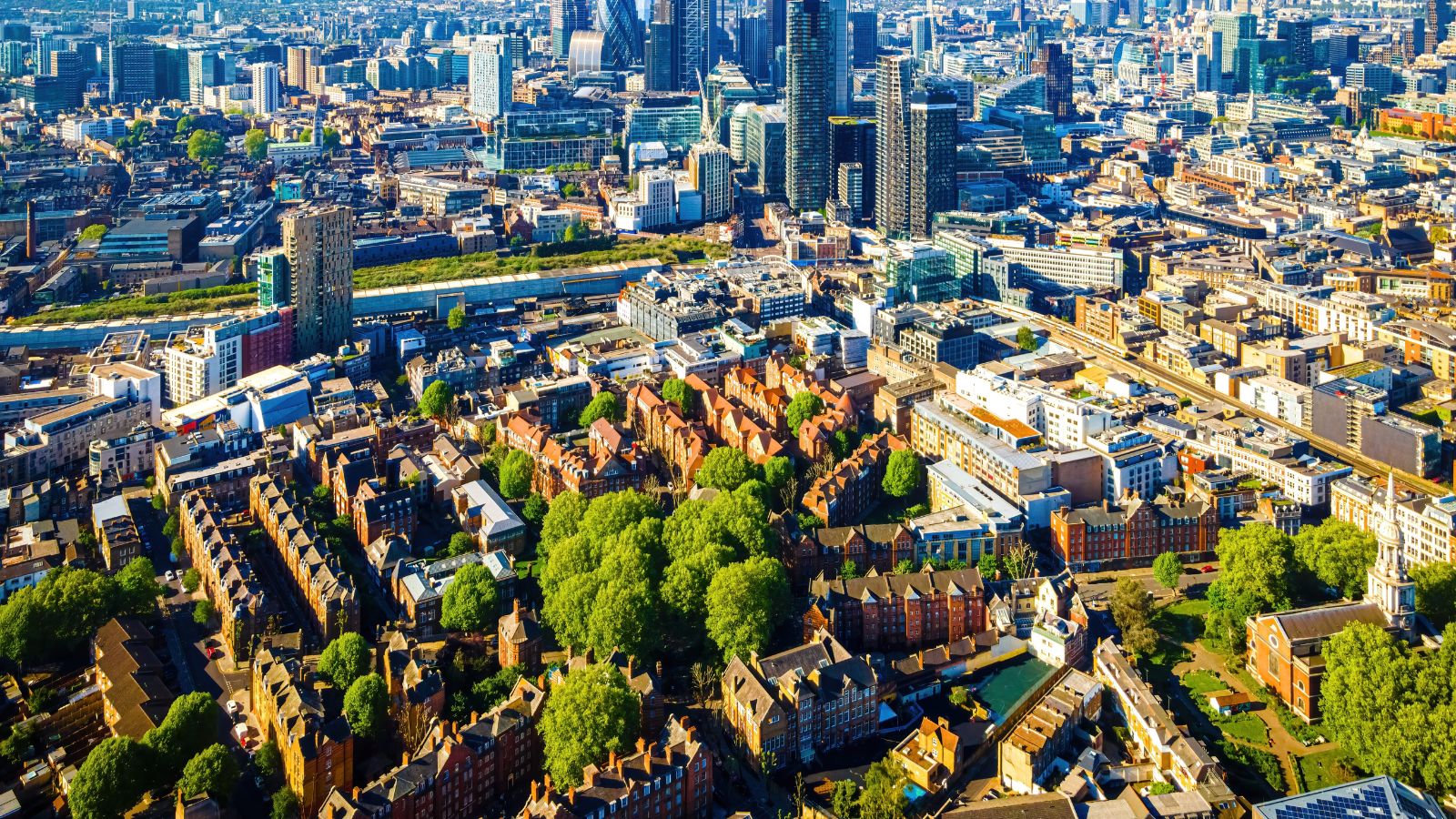Love it or hate it, you simply cannot argue that London isn’t an interesting place. There is tons to do in The Big Smoke, and there’s no better display of English culture. However, for many reasons, the younger generation is waving goodbye to the city in search of different places to settle. To understand why this is, this article will discuss the many reasons why millennials are fleeing London by the masses.
High Cost of Living

Anyone who lives in London or has visited recently will agree that the cost of living is becoming completely unaffordable, with HomeViews reporting that the average monthly expenditures is a staggering £4,200 per month. Skyrocketing rent prices, exorbitant utility bills, and expensive groceries are all contributing to this, leaving many feeling trapped in a cycle of spending just to stay afloat.
Lack of Affordable Housing

As we briefly mentioned in the last point, homeownership is a distant dream for many millennials in London. Property prices are well beyond reach, leaving most young people to be stuck renting and even struggling with that. Even shared ownership schemes come with steep costs, so this continuous rise in housing prices leaves little hope of owning a property, pushing millennials to more affordable regions, especially up North and even Scotland.
Limited Career Growth Opportunities

Go back a decade or two, and London couldn’t have been better for career opportunities. However, nowadays, millennials are increasingly disillusioned with London’s job market. Despite the city being a hub for various industries, many young professionals feel stuck in low-paying or entry-level roles with little room for development. The promise of upward mobility seems like a myth, driving them to seek opportunities in other cities or even countries where growth is more tangible.
Overcrowded Public Transport

It’s true that London’s public transport system is extensive, but it’s also overcrowded and expensive. This isn’t too big of a deal if you’re only visiting, but if you’re commuting daily on packed trains and buses, you’ll soon find that your energy and time are drained. Quite understandably, many millennials are tired of starting their day like this and are instead opting for locations where public transport is less stressful and more affordable.
High Stress and Burnout Rates

Burnout is a serious problem in the UK, especially within the constant hustle and bustle of London, with the pressure to succeed in such a busy and competitive environment weighing heavily on young professionals. Long working hours, combined with the high cost of living, force many to question if the city’s stress is worth it.
Inaccessible Work-Life Balance

Cities don’t get much better than London for nightlife and communities, but sadly, these things are often out of reach to Londoners, as their work-life balance is practically non-existent. This is because London’s demanding work culture doesn’t leave much room for downtime, so it shouldn’t be too surprising that many millennials are handing in their notice.
Better Quality of Life Elsewhere

Many millennials are moving out of London in search of a better quality of life. As this article discusses, smaller cities or towns offer lower living costs, less congestion, and a greater sense of community. Millennials value these aspects of life highly, so they’re quite willing to sacrifice the city’s prestige for a more fulfilling lifestyle.
Rising Crime Rates

Unfortunately, safety concerns are becoming a serious issue in London. Increasing crime rates, particularly knife crime, have created an atmosphere of unease, and for many, the risk of becoming a crime victim outweighs the benefits of city life. This is especially true for millennials with families, as they simply do not want to risk the safety of their children.
Environmental Concerns

Anyone who lives in London can agree that the air quality is poor, with pollution being a constant issue. This remains the case even despite the city’s green spaces, and unfortunately, the only solution seems to be programs such as the recently introduced ULEZ system, which, while effective at reducing pollution, adds the nuisance of high driving fines.
Overwhelming Social Pressures

Due to its career focus, the social pressures in London can be completely overwhelming. The culture of constant comparison in terms of jobs and social status wears down on mental health, and often, people don’t realize this until it’s too late. Thankfully, millennials are starting to realize this, so they’re starting to look elsewhere for environments where they can live more authentically, free from the relentless competition that defines much of London life.
Remote Work Opportunities

The rise of remote work has given millennials far more flexibility, meaning that many no longer need to be physically present in London to access its job market. Therefore, as remote work becomes more accepted, millennials are choosing to live in more affordable places, leveraging their location independence to improve their quality of life while still benefiting from the city’s high salaries.
Lack of Community Feeling

Despite its diversity, London can often feel isolating, just as most large cities do. It can feel difficult to find a sense of community in the city’s vastness, and the transient nature of the population means it’s hard to form lasting connections. Meanwhile, smaller towns generally enable people to connect with their neighbors more easily, so it’s not surprising that young Londoners are moving out.
Unfulfilled Creative Aspirations

London is known for its cultural scene, but the high cost of living leaves little room for creativity. Many millennials, especially those in creative industries, find themselves working multiple jobs just to pay rent, so when they finally get home, they just want to sleep. This is no way to live, especially for people with creative minds, so they’re looking for cheaper places to live that give them more time to pursue creative hobbies.
Saturated Job Market

Sure, London is full of cutting-edge jobs, but this is outweighed immensely by the massive population, leaving the job market heavily oversaturated. Competition is fierce, and jobs often go to those with established networks, so for millennials starting out or switching careers, this makes finding meaningful employment challenging, prompting them to search other cities for fulfilling jobs.
Poor Work Benefits

Unlike other major cities around the world, London-based companies tend to offer poor work benefits. Limited annual leave, minimal maternity or paternity support, and few wellness perks make staying in the city less appealing. So, millennials are gravitating towards employers outside London who prioritize work-life balance and offer better packages, especially in European cities.
High Levels of Debt

As you would expect, the high costs associated with living in London often lead millennials into debt. Rent, transport, and everyday expenses quickly add up, causing financial stress. With little hope of saving or clearing debts, many are choosing to move to more affordable areas where they can regain financial stability.
Gentrification of City Spaces

Some might argue that gentrification is a positive thing, as it means that money is being pumped into an area. Unfortunately, though, this also comes with the loss of boroughs’ unique identities, with independent shops, galleries, and even architecture being replaced with bland, monotonous, and corporate alternatives. Sadly, this is occurring all over London, leaving the city without its unique charms that drew many millennials to it in the first place.

